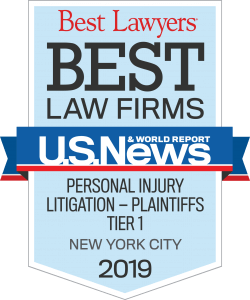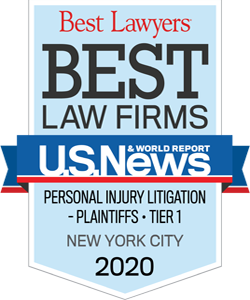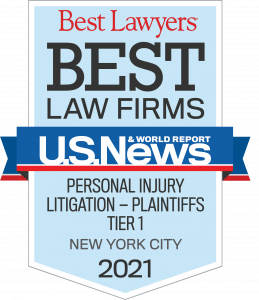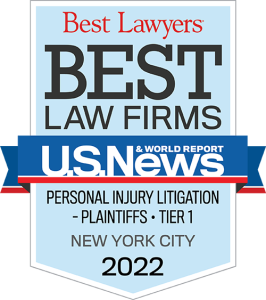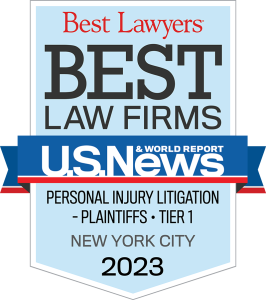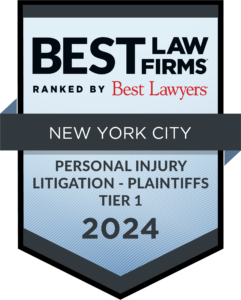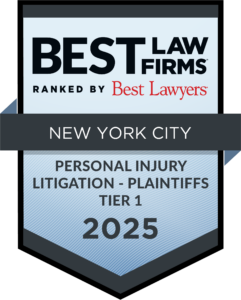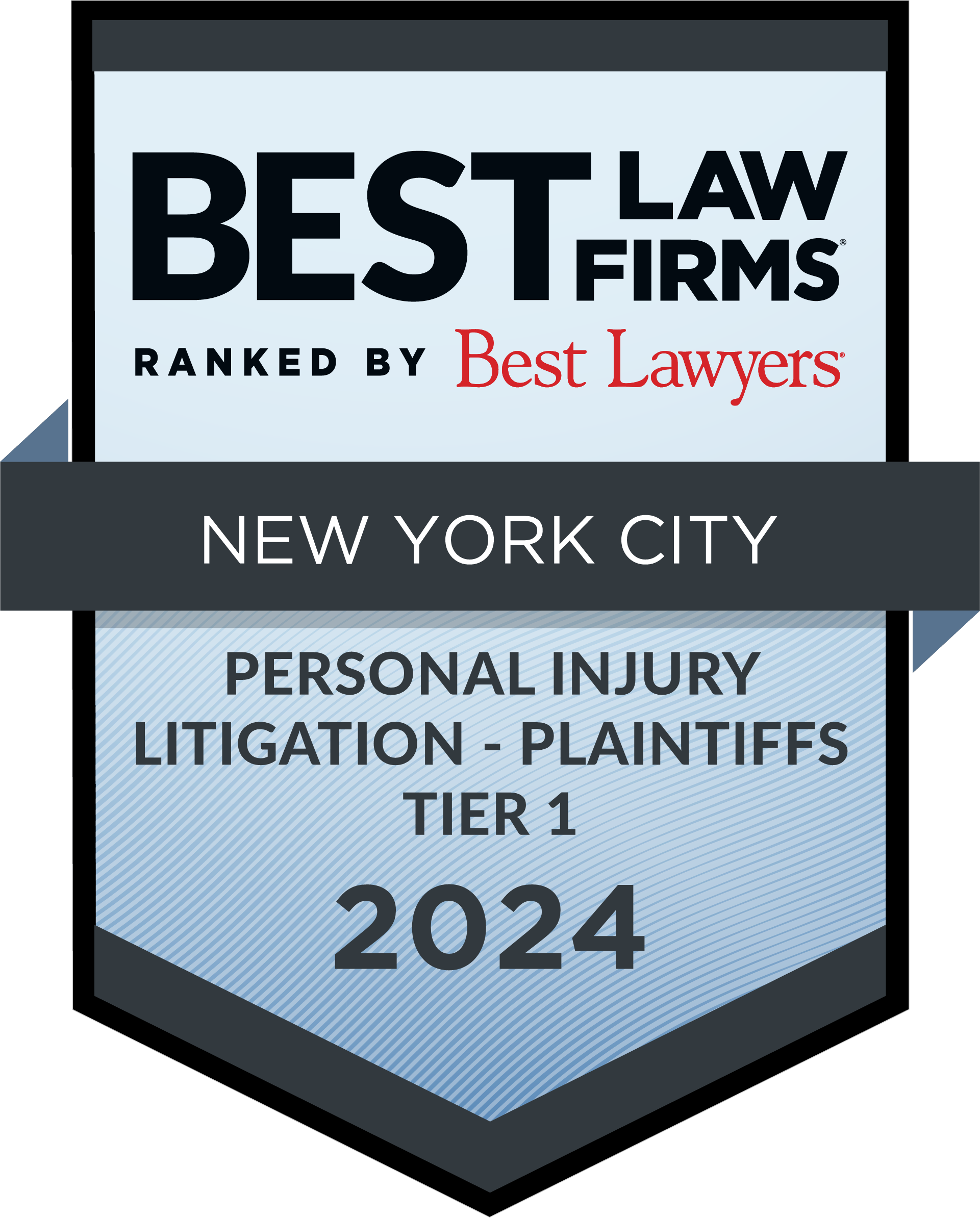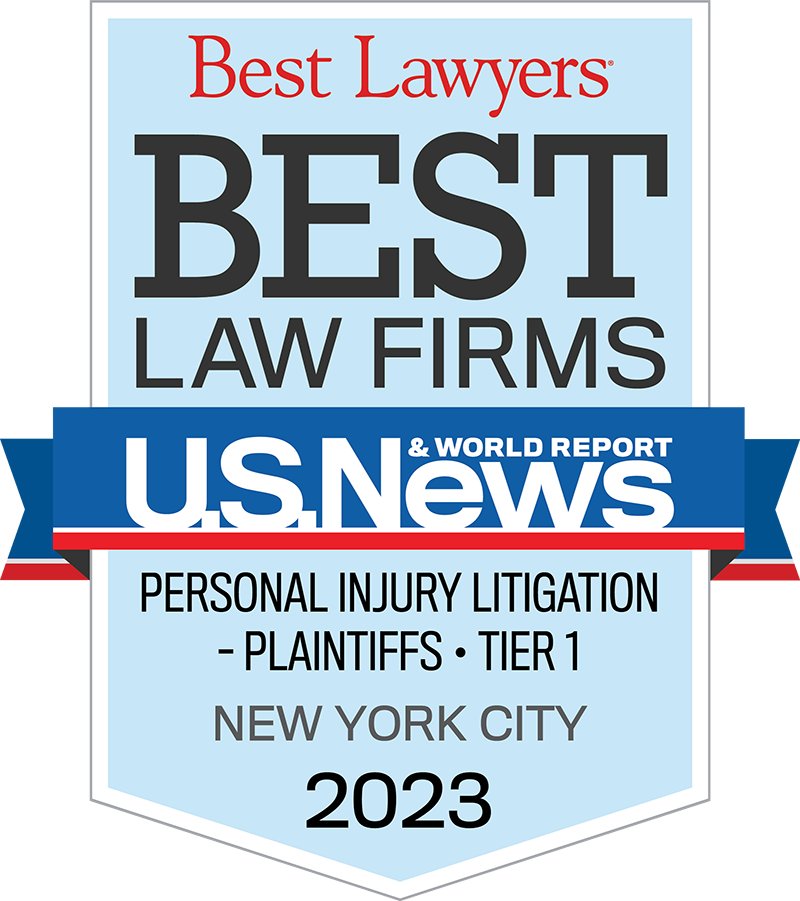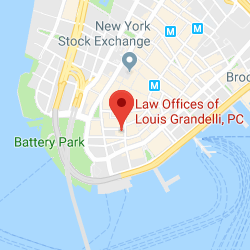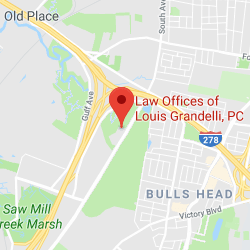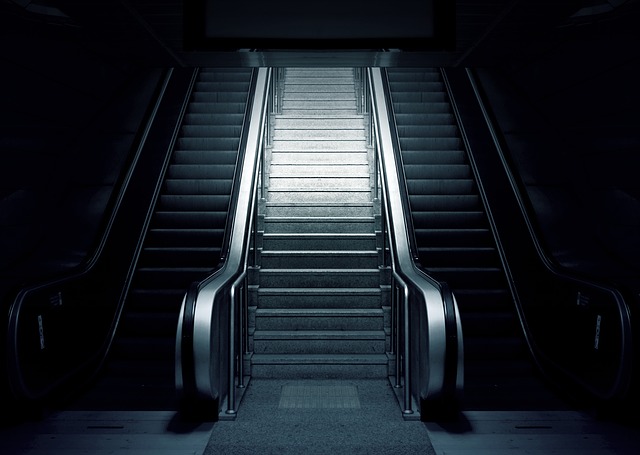
Escalator injuries are a significant concern in public and private spaces where these machines are used. An escalator injury can occur unexpectedly and lead to severe physical harm, disrupting the lives of victims and their families. Understanding the prevalence of these incidents and knowing your legal rights and options is crucial for those affected. This comprehensive guide aims to shed light on escalator injuries, their common causes, and the legal implications involved, ensuring that victims are well-informed and prepared to take action.
Common Causes of Escalator Injuries
Several factors contribute to the occurrence of escalator injuries, including:
Mechanical Failures
Mechanical failures are a leading cause of escalator accidents. These failures can result from worn-out components, malfunctioning safety mechanisms, or other technical difficulties. When an escalator stops abruptly, reverses direction, or speeds up unexpectedly, passengers can be caught off guard, leading to falls and other injuries.
Design Defects
Design defects in escalators can pose significant safety risks. Poorly designed steps, handrails, or emergency stop buttons can fail to prevent accidents or exacerbate injuries when an incident occurs. For example, gaps between the steps and side panels can trap clothing or body parts, leading to severe injuries.
Improper Maintenance
Regular maintenance is crucial for ensuring escalator safety. When property owners or maintenance companies neglect routine inspections and necessary repairs, the risk of escalator injuries increases. Issues such as loose steps, broken handrails, or malfunctioning brakes can go unnoticed and lead to accidents.
Human Error or Negligence
Human error and negligence play a significant role in many escalator injury claims. Operators may fail to monitor the escalator properly, or maintenance personnel might not adhere to safety protocols. Additionally, users who behave recklessly, such as running on escalators or not holding on to the handrails, can contribute to accidents.
Legal Implications of Escalator Injuries
Understanding the legal implications of an escalator injury is essential for victims seeking compensation. Several key factors come into play when determining liability and the potential for escalator injury claims.
Duty of Care Required by Property Owners
Property owners have a legal duty to ensure that their premises, including escalators, are safe for use by the public. This duty of care involves regular inspections, timely maintenance, and prompt repairs of any identified hazards. When property owners fail to uphold this responsibility, they can be held liable for any injuries that occur as a result.
Common Legal Grounds for Escalator Injury Claims
Victims of escalator injuries can pursue legal claims based on several grounds, including:
- Negligence: When property owners or maintenance companies fail to perform their duties, resulting in unsafe conditions.
- Product Liability: If the injury is due to a design or manufacturing defect in the escalator, the manufacturer can be held responsible.
- Premises Liability: When the injury occurs due to unsafe conditions on the property, the property owner can be liable.
Role of Manufacturers and Maintenance Companies
Manufacturers and maintenance companies also play crucial roles in ensuring escalator safety. If a defect in the design or manufacturing of the escalator leads to an accident, the manufacturer can be held liable under product liability laws. Similarly, if improper maintenance or negligence by a maintenance company causes an escalator accident, they can be held responsible for the resulting injuries.
Understanding these legal implications helps victims of escalator injuries navigate their options for seeking compensation and holding the responsible parties accountable. By recognizing the common causes and legal grounds for escalator injury claims, victims can better prepare themselves to pursue justice and secure the compensation they deserve.
Steps to Take After an Escalator Injury
If you suffer an escalator injury, taking the following steps can help protect your health and strengthen your escalator injury claim.
Seek Immediate Medical Attention
Your health should be your top priority after an escalator accident. Even if your injuries seem minor, seek medical attention immediately. A medical professional can assess your condition, provide necessary treatment, and document your injuries. This medical documentation will be crucial for your escalator injury claims.
Gather Evidence
Collecting evidence at the scene of the escalator accident is essential for supporting your claim. This includes:
- Photos: Take clear photographs of the escalator, any visible defects, and your injuries.
- Witness Statements: Obtain contact information and statements from anyone who witnessed the accident. Their accounts can corroborate your version of events.
- Incident Details: Note the date, time, and specific location of the incident, along with any other relevant details.
Report the Incident to the Property Owner or Manager
Report the escalator injury to the property owner or manager as soon as possible. Ensure that they document the incident in their records. Request a copy of the incident report for your records. This report can serve as evidence that the accident occurred and was formally acknowledged by the responsible party.
Consult a Personal Injury Lawyer
Consulting a personal injury lawyer experienced in escalator injury claims is crucial. A lawyer can guide you through the legal process, help gather additional evidence, and advocate on your behalf. They can also negotiate with insurance companies to ensure you receive fair compensation. An experienced lawyer will understand the intricacies of escalator safety regulations and the common causes of escalator accidents, making them well-equipped to handle your case.

